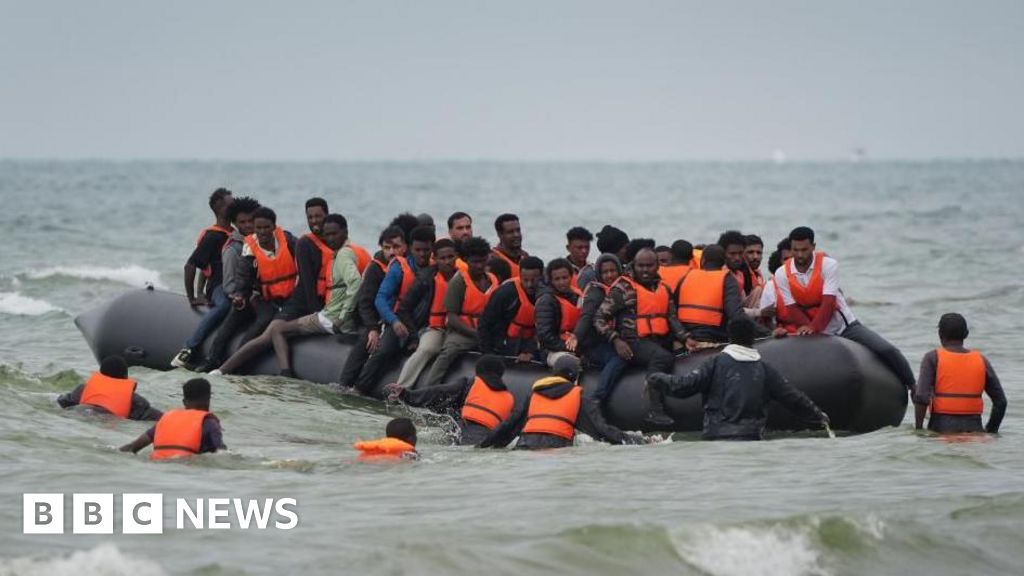Understanding the New Law Targeting Online Posts on Small-Boat Channel Crossings
In recent developments, a new law has been introduced that specifically addresses the issue of small-boat channel crossings. This legislation aims to regulate online posts that may contribute to the dangerous practice of crossing the English Channel in small boats. The law underscores the government’s commitment to tackling illegal immigration and ensuring the safety of individuals who attempt these perilous journeys.
The Significance of the New Law
The introduction of this law is crucial as it aims to deter individuals from making risky crossings over the English Channel. By targeting online content that promotes or glamorizes these dangerous voyages, the government hopes to significantly reduce the number of crossings. The law emphasizes the need for social media platforms and other online services to monitor and remove posts that could encourage illegal immigration.
Key Objectives of the Law Include:
Impact on Immigration Policy
This new legislation is a part of broader immigration reform efforts aimed at addressing illegal immigration and enhancing border security. The law aligns with the government’s strategy to combat human trafficking and smuggling, which often accompany these small-boat crossings. By limiting the spread of information that could potentially facilitate these actions, authorities aim to create a more secure environment.
Additionally, the law may influence the way immigration news is reported, especially regarding the risks associated with making such crossings. It serves as a reminder of the complexities surrounding immigration issues, particularly in regions like the UK and France, where small-boat crossings have become increasingly common.
Online Platforms and Their Responsibilities
With the implementation of this new law, online platforms will have heightened responsibilities to ensure compliance. They will be expected to proactively monitor and manage content that could be interpreted as supporting or encouraging illegal crossings. This may involve employing more robust content moderation practices and collaborating with law enforcement agencies to address violations effectively.
Potential Challenges for Online Platforms:
Conclusion
The introduction of the new law targeting online posts related to small-boat channel crossings represents a significant step in the ongoing struggle to manage immigration effectively. By focusing on online content, the government aims to curb illegal crossings and enhance safety for those considering such perilous journeys. The law not only reflects the challenges faced by authorities but also highlights the evolving nature of immigration policies in response to contemporary issues.
As the situation continues to unfold, it will be essential to monitor how this law is implemented and its impact on both illegal immigration and the broader discourse surrounding immigration reform. Understanding these developments is crucial for individuals, policymakers, and advocacy groups alike as they navigate the complexities of immigration law and its implications for society.
In summary, the new law is a pivotal move towards regulating online content that may influence illegal small-boat crossings, marking a significant shift in immigration policy and public safety efforts.










